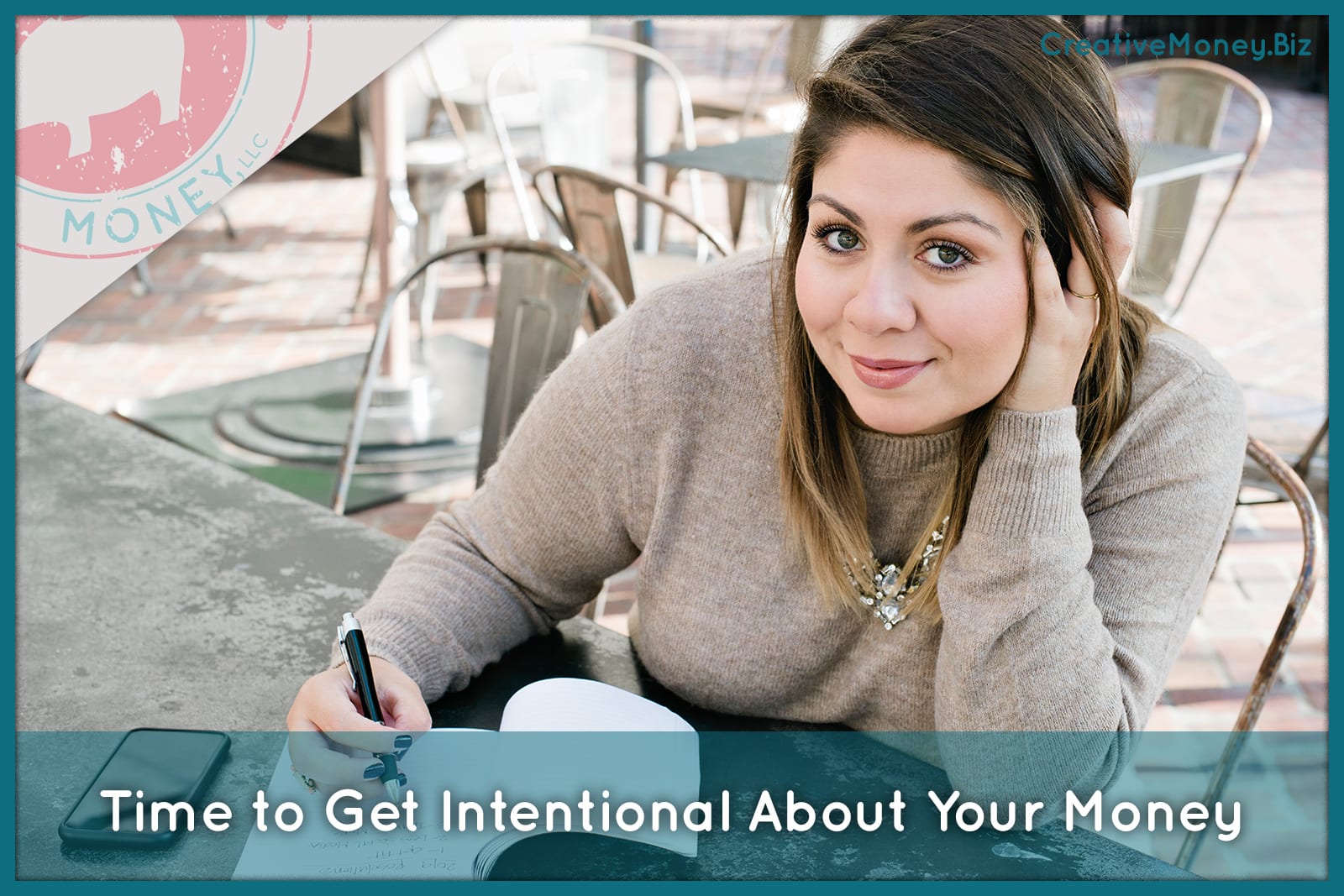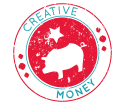 As everything winds down for the holiday season and people start thinking of their New Year’s resolutions, I want to shift your thinking about how you go about setting goals and resolutions. Because resolutions…they sort of suck. Studies show that fewer than 8% of people who set New Year’s resolutions actually achieve them. But there is a better way!
As everything winds down for the holiday season and people start thinking of their New Year’s resolutions, I want to shift your thinking about how you go about setting goals and resolutions. Because resolutions…they sort of suck. Studies show that fewer than 8% of people who set New Year’s resolutions actually achieve them. But there is a better way!
The power lies in asking simple questions — or perhaps the power isn’t in a simple question, but in our willingness to sit with them and really think about where we are at in our lives and how we got there. Questions are different from New Year’s resolutions. A resolution is a result you seek, such as “I want to pay off my debt,” or “I want to save more toward retirement.” The thing is, New Year’s resolutions don’t have any juice unless you understand how the resolution attaches to your thinking about the status quo.
Key Questions to Ask Yourself
Here are some questions that my clients have found helpful as we close out the year:
- What worked for you and what did you love about the past year?
- What didn’t work and what frustrated you this past year?
- What do you see as recurring themes in your life, either with money, people, or otherwise?
- How did your parents behave around these issues that frustrate you? What do you like and hate about what they did or didn’t do?
- Are you ready to let go of past disappointments and build a new paradigm for yourself?
- What is one short-term goal you have around your key frustrations?
- What would you like to see or feel change in the new year?
As you ask yourself these questions — either alone or with a partner — keep questioning until you get past the surface answers. You may be surprised at what lies beneath.
A huge part of changing your dynamic around money (or anything, really) is letting go of the past and forgiving yourself—and others—for not meeting expectations. Letting go needs to be a gentle act (hence the forgiveness). We can’t beat ourselves up for not letting go sooner! We let go when we are ready to let go. But consciously asking yourself, “Am I ready to let go?” is a wonderful energetic shift to initiate the process. Once you’re ready to let go of the old ways of doing and thinking, your decisions to move forward are energized with different motivations – and New Year’s resolutions become more meaningful.
You can’t build a new paradigm on shame, resentment, and regret. It only works with love, acceptance, and compassion. Click To TweetExample of the Process
I find it’s useful to apply these questions individually to each area of your life—so you might do it for money, career, relationships, health, etc. I did this process recently for my health, an aspect of myself that is an ongoing challenge. Here’s an example of an old way of thinking—or my action-oriented, resolution-based way of setting goals:
I really feel unattractive and unhealthy when I am overweight, so I resolve to lose weight to get back into my old clothes. I’ll do this by cutting calories and exercising more. (And then I would set a schedule and sample menu to stick to).
This is short term, New Year’s resolutions type thinking based on a specific external result (fitting into old clothes). This might work for some people, but not me! When I talk about feeling unhealthy and unattractive, there is shame there—and I have found that when I am feeling shameful about something, I rarely put myself out there. Shame limits your thinking. So, this year about halfway through, I decided that instead of thinking about how to create “less” of me, I would instead focus on how to bring “more” life into my health. So, here’s my process on health and weight loss this year:
One thing I loved about this past year was that I joined an exercise community and have been exercising consistently! What frustrated me before this was that I tried to lose weight through deprivation—basically trying to “fix” myself before putting myself out there, which felt isolating.
This year, I have been able to let go of a lot of food judgment and notice positive changes in my body regardless of what I eat. I’m also ready to let go of this idea that I can’t have optimum health if I have thyroid and adrenal issues—I have made a lot of progress already by being careful/mindful about how hard I push myself.
You get the idea. When you’re making a huge shift from the way you’re accustomed to doing things—even when the old way didn’t really work—you need to go slow. For me, I need to remember that in the grand scheme of things, I am healthier than I was a year ago, regardless of my current weight. And that even without trying too hard, I make healthy food choices. So next year is about building on current success. Here’s the shift I needed:
I forgive my parents for believing that staying healthy is a struggle and that such a thing exists as “good” and “bad” food. I now have compassion for their world view but also know it doesn’t need to be mine. I take so much joy from my exercise community, even if my body never changed, I feel more supported than ever. My new health paradigm will be: building health is an ongoing process, and when I surround myself with a loving, supportive community of like-minded people, I easily make healthy choices for my mind, body and spirit. I may not do this perfectly, but if I see everything as a trend, then only incremental improvement counts, versus short-term fixes or hiccups. There is no judgment, just what is.
The reason you need to let go first is that you can’t build a new paradigm on shame, resentment, and regret. It only works with love, acceptance, and compassion. My guess is, most people could use more of these things in their lives. You can start by giving it to yourself. Replace “food” with “money” in my example and plenty of people will see something they recognize — but you’ll need to ask your own questions to make your own shift.
Next Steps for Your New Year’s Resolutions
Set aside an hour or so to think. I have found that, especially during this busy season, I actually had to block out time on my schedule to review my year.
During your session, meditate and journal on the questions. Although I help people with money, that might not be the thing that activates you about the past year. Mine was health, yours might be a relationship.
Let your paradigms inspire you. With my paradigm, I might be inspired to take a healthy cooking class or revamp my weekly menus. These are actions that most people call New Year’s resolutions, but for me, they are simply behaviors contributing to a trend. Continue to revisit your paradigm to keep yourself inspired about action—don’t get locked into the behavior change without understanding how it fits in compassionately.







